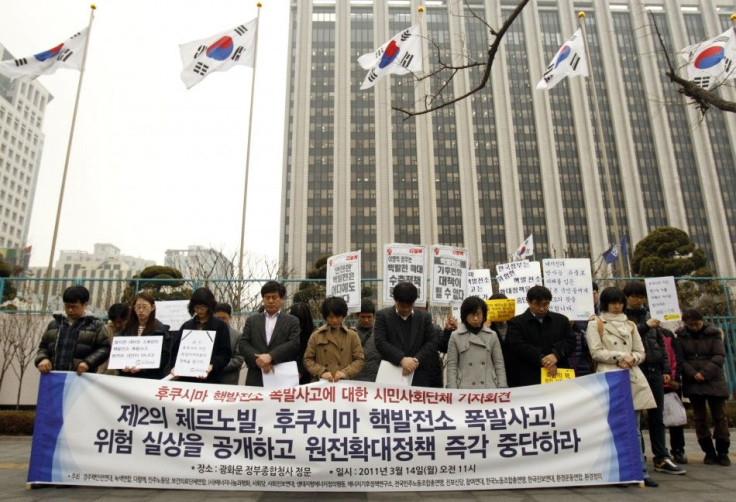EU mulls closing nuclear plants in the wake of Japanese disaster

The European Union is considering the closure of nuclear plants in the wake of the unfolding nuclear crisis in Japan caused by the twin tragedy of earthquake ad tsunami.
European Energy Commissioner Guenther Oettinger said on Monday the Japanese crisis has brought the safety of nuclear reactors back into focus. If we take it seriously and say the incident has changed the world -- and much that we as an industrial society have regarded as safe and manageable is now in question -- then we can't exclude anything, he said, responding to a question on the possibility of closing down some of Germany's older nuclear plants, according to Reuters.
Germany had decided last year to extend the life of 17 nuclear plants which were 12 years or more old.
It was reported on Monday that a new blast occurred at Japan's Fukushima Daiichi nuclear power complex. The blast was the second hydrogen explosion in three days, since the quake-tsunami hit the country.
According to the European Commission, nuclear power stations currently produce around a third of the electricity and 15 percent of the energy consumed in the 27-member union.
The EU has said Oettinger will invite national nuclear safety authorities, nuclear power plant vendors and operators this week to assess the consequences of the Japanese crisis.
If required, pro-active actions will be taken to address to situation in the EU, a statement said. According to the EU regulations, it is up to each member state to decide whether or not to pursue the option of nuclear power.
© Copyright IBTimes 2024. All rights reserved.











